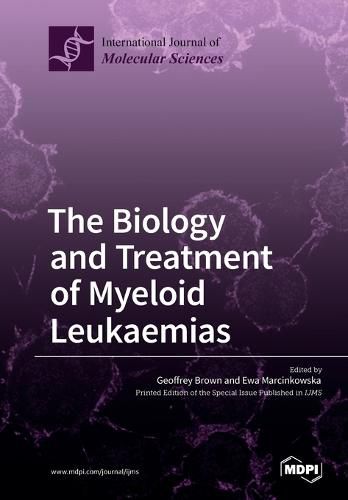Readings Newsletter
Become a Readings Member to make your shopping experience even easier.
Sign in or sign up for free!
You’re not far away from qualifying for FREE standard shipping within Australia
You’ve qualified for FREE standard shipping within Australia
The cart is loading…






This title is printed to order. This book may have been self-published. If so, we cannot guarantee the quality of the content. In the main most books will have gone through the editing process however some may not. We therefore suggest that you be aware of this before ordering this book. If in doubt check either the author or publisher’s details as we are unable to accept any returns unless they are faulty. Please contact us if you have any questions.
There has been an observed decrease in the global mortality from cancer, mostly atributable to improved, particularly early, detection and prevention. For many carcinomas and leukaemias in adults, once the disease has reached a certain stage there are no therapies that are able to erradicate the cancer cells and cure patients. There has been progress in the treatment of acute myeloid leukaemia (AML) and remissions are achievable; however, the presence of chemoresistent blast cells leads to most patients relapsing, and relapse is difficult to treat and thus patients die due to their disease. Targeting these resistent cells and the leukaemia stem cells, which sustain the leukaemia, is crucial for an effective therapy for AML. Moreover, an increasing number of diverse mutations have been described in AML cells that disrupt the ability of these cells to undergo differentiation. The use of pro-differentiating agents to drive the blast cells to mature, and subsequently undergo apoptosis, provides another approach to therapy. Differentiation therapy, using all-trans retinoic acid (ATRA), an inducer of granulocyte differentiation, has been highly successful in the case of acute promyeloicytic leukaemia, a sub-type of AML, turning this disease into a curable malignancy.
$9.00 standard shipping within Australia
FREE standard shipping within Australia for orders over $100.00
Express & International shipping calculated at checkout
This title is printed to order. This book may have been self-published. If so, we cannot guarantee the quality of the content. In the main most books will have gone through the editing process however some may not. We therefore suggest that you be aware of this before ordering this book. If in doubt check either the author or publisher’s details as we are unable to accept any returns unless they are faulty. Please contact us if you have any questions.
There has been an observed decrease in the global mortality from cancer, mostly atributable to improved, particularly early, detection and prevention. For many carcinomas and leukaemias in adults, once the disease has reached a certain stage there are no therapies that are able to erradicate the cancer cells and cure patients. There has been progress in the treatment of acute myeloid leukaemia (AML) and remissions are achievable; however, the presence of chemoresistent blast cells leads to most patients relapsing, and relapse is difficult to treat and thus patients die due to their disease. Targeting these resistent cells and the leukaemia stem cells, which sustain the leukaemia, is crucial for an effective therapy for AML. Moreover, an increasing number of diverse mutations have been described in AML cells that disrupt the ability of these cells to undergo differentiation. The use of pro-differentiating agents to drive the blast cells to mature, and subsequently undergo apoptosis, provides another approach to therapy. Differentiation therapy, using all-trans retinoic acid (ATRA), an inducer of granulocyte differentiation, has been highly successful in the case of acute promyeloicytic leukaemia, a sub-type of AML, turning this disease into a curable malignancy.